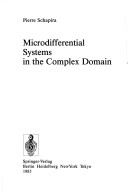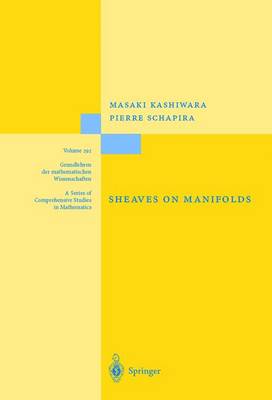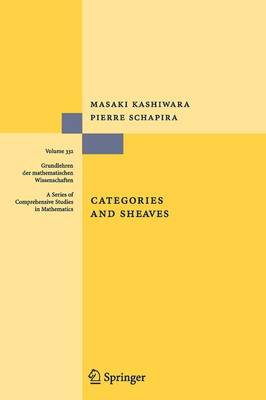Grundlehren der mathematischen Wissenschaften
3 primary works
Book 269
Keeping this goal in mind, one can only remain at an elementary level.
Book 292
Sheaf Theory is modern, active field of mathematics at the intersection of algebraic topology, algebraic geometry and partial differential equations. This volume offers a comprehensive and self-contained treatment of Sheaf Theory from the basis up, with emphasis on the microlocal point of view.
From the reviews:
"Clearly and precisely written, and contains many interesting ideas: it describes a whole, largely new branch of mathematics." -Bulletin of the L.M.S.
Book 332
Categories and sheaves appear almost frequently in contemporary advanced mathematics. This book covers categories, homological algebra and sheaves in a systematic manner starting from scratch and continuing with full proofs to the most recent results in the literature, and sometimes beyond. The authors present the general theory of categories and functors, emphasizing inductive and projective limits, tensor categories, representable functors, ind-objects and localization.


